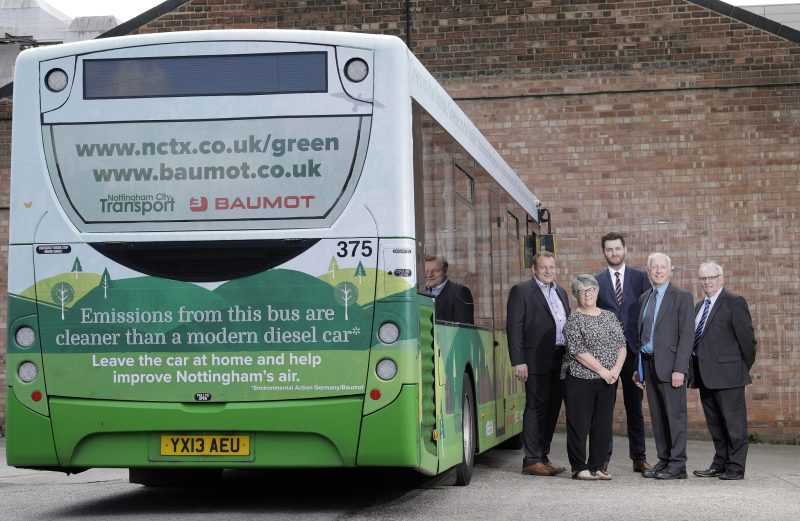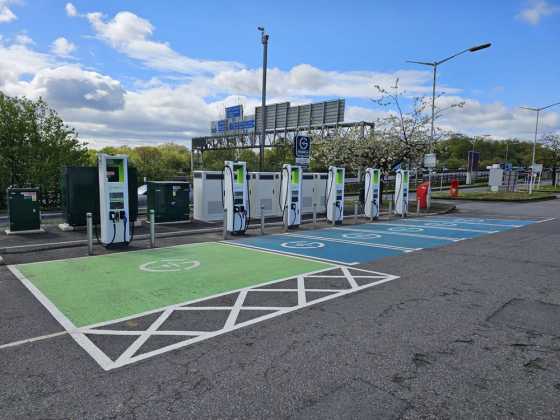Existing measures negate need for Nottingham Clean Air Zone

Nottingham City Council has decided against implementing a Clean Air Zone, saying that existing measures would be enough to reduce air pollution to below the legal limit.
Projects contributing to the fall in air pollution include retrofitting 180 NCT buses with clean exhaust technology, requiring every taxi and private hire vehicle in the city to be low emission, and the council replacing its own heavy vehicles – such as bin lorries – with electric or other low emission vehicles.
In addition, the council is considering plans to revise the Clear Zone – which restricts access to the city centre – to include emissions criteria and a taxi permit scheme.
Cllr Sally Longford, Portfolio Holder for Energy and Environment, said: “Results of air quality modelling showed these measures will have a significant effect in reducing emissions, bringing Nottingham into compliance by 2020. Although we considered a Class B Clean Air Zone – which would have affected HGVs, buses and taxis – the actions we’re taking will have a positive impact across the whole city, rather than just in one area.
“Our priority has always been the health of our citizens, rather than meeting government targets, and this hasn’t changed. Road vehicles are one of the largest contributors to air pollution, and it’s thanks to the council’s significant and sustained investment in green public transport, like the trams and low emission buses, that we are in a really strong position to be able to improve air quality.
“We have one of the UK’s largest all-electric park and ride fleets, an electric tram that carries more than 17 million people every year and NCT has the world’s largest fleet of low emission bio-gas buses. These measures have already gone a long way to achieving cleaner air in the city.”
The council’s Executive Board will consider proposals to retrofit the council’s older buses with clean exhaust technology to meet Euro VI standards.
They will also look at plans to reduce the age of the taxi and private hire fleet, supported with the introduction of an incentives package to shift the taxi fleet to ward low emission vehicles, including a ‘try before you buy’ leasing scheme.
There are also plans to deliver the council’s own fleet renewal programme to purchase new EVs in its specialist/heavy fleet.
The board will also be asked to approve, in principle, further measures, including amending the city’s two Air Quality Management Areas to cover the whole city, and seeking to enforce anti-idling legislation.
If agreed, a public consultation will take place in August, before the city’s final local air quality plan is submitted.



